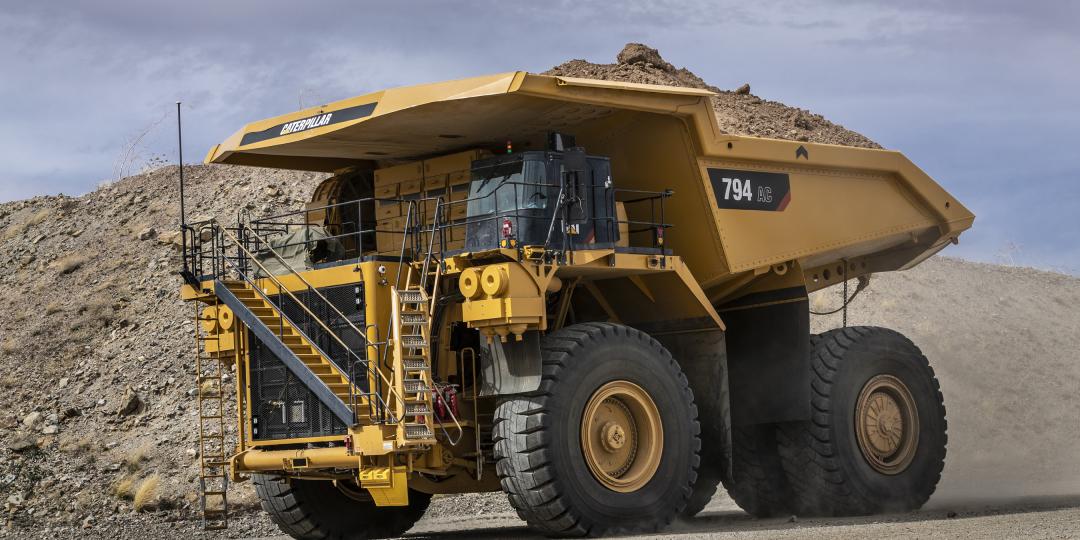by Kate Collier and Lizle Louw, Webber Wentzel -
The mining industry’s response to Covid-19 in helping employees to cope has largely been lauded. Although key lessons learnt from the approach to managing the risks posed by the pandemic relate primarily to employee and public health, these could also be applied to other areas of business.
- Culture of resilience: Organisations which coped best were those which already had a culture of resilience and adaptability and communicated with their employees, making them feel valued.
- Fully engaged executives: The most effective responses were those led by the most senior executives in a company, and mining companies showed how fully engaged executives were able to bring employees back to work, safely and as soon as permitted and practicable.
- Roles had to change: Key role-players and decisionmakers had to identify where their roles had to change and take on new roles, either as the law or their internal risk strategies changed.
-
Working from home: In future, the lines between work and home will continue to be blurred and the Labour Court has indicated that occupational health cannot necessarily be separated from public health issues.
- The understanding of a workplace must be reconsidered, and employers should adapt their health and safety policies and systems for different workplaces which now are likely to include private homes.
- Working from home requires a new approach to managing employee performance, productivity, and defining which categories of employees can work from home.
- In mining, there is often a clear distinction between those who can perform their duties from home and those who cannot, but in other sectors there could be a risk of unfair discrimination. Work from home policies must take this into account.
The occupational medical practitioner (OMP), in addition, to issuing all employees with a certificate of fitness before they could work at a mine also had to consider potential vulnerability to employees to a possible future event Will this become a standard for all possible future vulnerabilities, or be limited to Covid-19? This has certain consequences:
- Employers will have to consider whether and how to terminate employment of vulnerable employees who cannot obtain a certificate of fitness because of possible future health complications. SA labour law allows incapacity as a reason for termination, but traditionally it referred to poor work performance or medical incapacity.
- However, there are also broader categories of incapacity (e.g. a driver that loses a driving licence) and the lack of a certificate of fitness falls into this category.
- Some employers have approached the pension funds to pay disability benefits to those employees who cannot work because they are vulnerable to Covid-19. The response across the board has been “no”.
- Employers can take the following steps:
- Assist employees to file a claim on the basis they cannot work
- Ask the funds to amend their rules
- Engage with the Financial Sector Conduct Authority to issue a circular on how these claims should be processed.
Send your comments to rogerl@nowmedia.co.za















